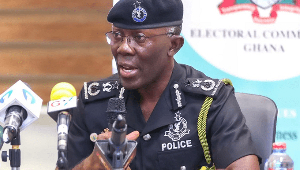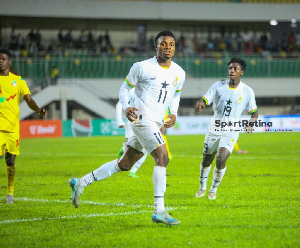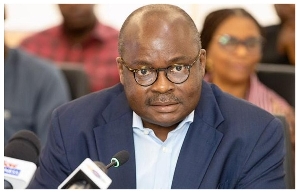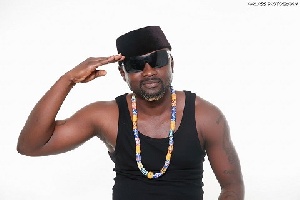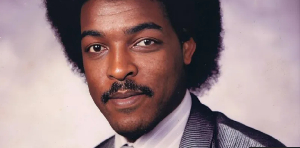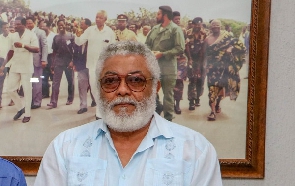Young Arena907 Blog of Wednesday, 13 November 2024
Source: Martin Glover
As the economy dominates campaigns, the opposition leader leads Ghana's presidential polls.
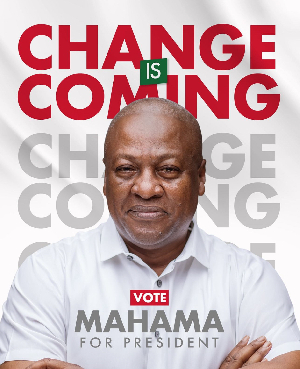
The National Democratic Congress (NDC) opposition leader and former president John Dramani Mahama is leading the presidential race with 52% of the vote, according to current opinion surveys, with less than a month until Ghana's midterm elections. This places him ahead of the New Patriotic Party's (NPP) nominee, Vice President Mahamudu Bawumia, who is behind with 41.3%. The economy is a major topic influencing the campaigns, and the poll results show growing voter dissatisfaction with it. Economic Difficulties Affecting Voter Attitude
Significant challenges to Ghana's economy in recent years have included high living expenses, currency depreciation, and inflation. After taking office in 2017, the NPP government has seen a decline in public trust as a result of these difficulties. The government has attempted to stabilise the cedi and encourage economic recovery, but many Ghanaians believe the initiatives have not been successful.
By portraying himself as the leader who can guide the country out of its economic problems, Mahama has taken advantage of these feelings. He pledged during the campaign to improve social infrastructure, create more jobs, and implement more powerful economic policies. "Ghanaians are fed up with empty promises. At a recent gathering, Mahama declared, "We will bring about tangible change that affects every home." The NPP Campaign Faces a Difficult Road.
According to the surveys, the ruling NPP needs to wake up. By emphasising accomplishments like the digitisation of public services and infrastructure projects, Vice President Bawumia has positioned himself as an advocate for digital innovation and economic changes. But those who are dealing with the daily realities of financial distress seem to be finding it difficult to connect with his message. Following the polls, Bawumia has called on supporters to step up their efforts to get more votes. "There is still a long way to go. We have a history of success, and we will keep reminding Ghanaians of our achievements," he stated.
Youth and First-Time Voters: A determining factor One of the most important aspects in this election is the involvement of young and first-time voters, who account for a sizable proportion of the electorate. Many members of this group have expressed dissatisfaction with the current situation of the economy and are clamouring for new leadership. Mahama's emphasis on job creation and skill development has resonated especially with young people.
Political observers say this group has the potential to be the kingmakers in one of Ghana's most hotly contested elections. "The youth vote is extremely important. Dr. Kwesi Anning, a political expert, said that if both parties want to win, they must address their issues. What is the next step for the campaigns?
With less than a month until the election, both parties are stepping up their efforts. The NDC is using its poll advantage to bolster morale and attract undecided voters, whilst the NPP is doubling down on its accomplishments and vowing to handle economic concerns more effectively if elected for another term. The upcoming presidential debates and closing rallies will most likely be significant in moulding voter sentiment. While Mahama has a substantial advantage in the polls, it is not insurmountable, and the NPP is trying to close it.
Conclusion The stakes have never been higher in Ghana as it prepares for the elections on December 7. The opposition leader's advantage demonstrates broad unhappiness with the existing administration, but whether it converts into electoral victory remains to be seen. Both the NPP and the NDC confront a difficult task convincing Ghanaians that they hold the key to a brighter future.






